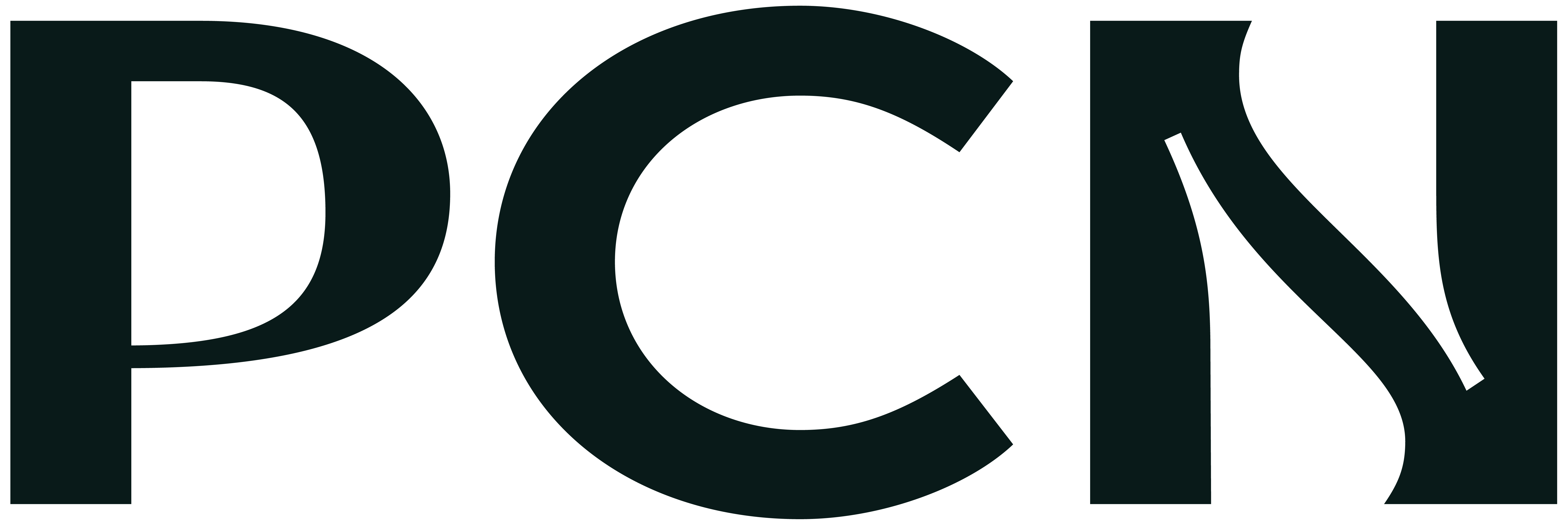The startup ecosystem keeps frequently changing with multiple ecosystems spread across multiple regions, which foster new and upcoming startups. To understand such ecosystems better, Startup Genome’s Global Ecosystem report 2020 is now available. The current report takes a deeper look at Fintech space to better understand the ever-changing landscape. It also lists the top Fintech ecosystem around the globe.
An extension of the Startup Genome’s Global Startup Ecosystem Report
The new Global Fintech Ecosystem Report is an extension of the Startup Genome’s Global Startup Ecosystem Report. Additionally, it is the first instalment of the annual sub-sector report series, and this one ranks in the global top 20, and runner-up, Fintech startup ecosystems. These ecosystems are evaluated on five Success Factors, including Performance, Talent, Funding, Focus and Legacy. The top five Fintech startup ecosystems globally in 2020 are Silicon Valley, New York City, London, Singapore and Beijing, respectively.
While the Amsterdam-Delta ecosystem is doing well, the city ranked 16th on the report. We asked Aman Ghei, principal, Finch Capital about why this is the case and what factors are holding Amsterdam’s fintech ecosystem from climbing to the top spots on the list? What more can be done?
As per Ghei, “The Netherland’s in itself is a smaller market, so local addressable markets in Fintech are small. That said, I believe Amsterdam has one of the highest successes defined per dollar invested. In the Fintech vertical, it excels in payments/trading (Adyen, Mollie, BUX, Flowtrader).”
“This focus needs to widen with increased investments (whether angel or funds), to other sectors, particularly the ones falling on the enterprise software side as consumer fintech businesses coming out of the region will be initially challenging,” he adds.
London claims the third spot
London and Paris are the only two European fintech ecosystems that made it into the top 10, with London claiming the third spot. Whereas, the US has Silicon Valley, New York City, Boston, & Chicago in the top 10.
Talking about how Europe can create more thriving fintech hubs like London & Paris, Ghei says, “This is a little bit a function of where the capital is. NYC, Boston have multiple local funds that have LPs in local university endowments etc. Europe, in that sense, is rather concentrated on sovereign funds and as a result, these 2 cities have born the fruit of sustained investment.”
“In the next 5 years, I see capital allocations changing geographically in Europe, particularly in Central Eastern Europe where the next fintech hub is likely to emerge,” he adds.
Amsterdam-Delta exhibits high investor activity and exit growth.
The new Global Fintech Ecosystem Report by Startup Genome gives us a more in-depth insight into the Amsterdam startup space. Currently, the agtech and new food, and life sciences are the sub-sector strengths for the city. The food industry is still growing, and the recent funding rounds by some known names suggest the same. Recently, Picnic, the Amsterdam-based online grocery platform, raised a notable €230M in its series-C funding round.
Life sciences have also gained traction. Aidence, an AI-based imaging company that aims to accelerate X-Ray, MRI and CT scan diagnosis is one notable startup in the sector. The company has raised €9.24M in a Series A funding round. Similarly, AM-Pharma also secured around $127M in VC funding in 2019 to accelerate the development of their treatment for acute kidney injury (AKI).
Why Amsterdam is lucrative for startups
Amongst multiple tech ecosystems, Amsterdam holds its own by offering lucrative and welcoming support for startups. Highly-skilled workers coming in can qualify for the 30% tax reimbursement ruling. Additionally, international graduates get one year to find work or start a business post-graduation, and there are entrepreneur visas available as well.
Strong corporate connections also help startups gain access across every available sector. Around 200 MNCs have selected Amsterdam as their headquarters, which includes Netflix, Uber, Tesla, and Salesforce. During the COVID-19 pandemic, the Dutch government also announced a support package that includes tax deferrals, a temporary employment bridging scheme and a credit guarantee program.
The Amsterdam government has also partnered with Techleap.nl, Invest-NL, and the regional development agencies to offer structured soft loans for startups, scale-ups and innovative SMEs. Under the scheme, a business can receive up to €2M in bridge loans. Furthermore, Invest-NL launched a €100M convertible loan scheme to offer larger loans.
In an exclusive conversation with Silicon Canals, Krish Subramanian, co-founder, and CEO of Chargebee says, “Amsterdam has one of the most open and transparent systems to incorporate and set up operations in Europe. With a large number of startups and technology companies already in the country, Amsterdam has world-class talent. Also, Amsterdam’s culture and environment encourage innovation and creativity. As some of the greatest artists, creators, and businesses have their roots in this city.”
Overall, Amsterdam’s total early-stage funding sits at €806M while the ecosystem is valued at a whopping €18.48B. The report rates investor activity at 10/10, while exit growth index stands at 9/10. Funding growth index is still growing and has been rated 4/10. In Amsterdam, the median seed round for startups is around €419,000 while the median value for series A funding stands at €2M. The average salary for a software engineer in Amsterdam is around €51.18k.
Source: Silicon Canals
Check out our other articles here.

